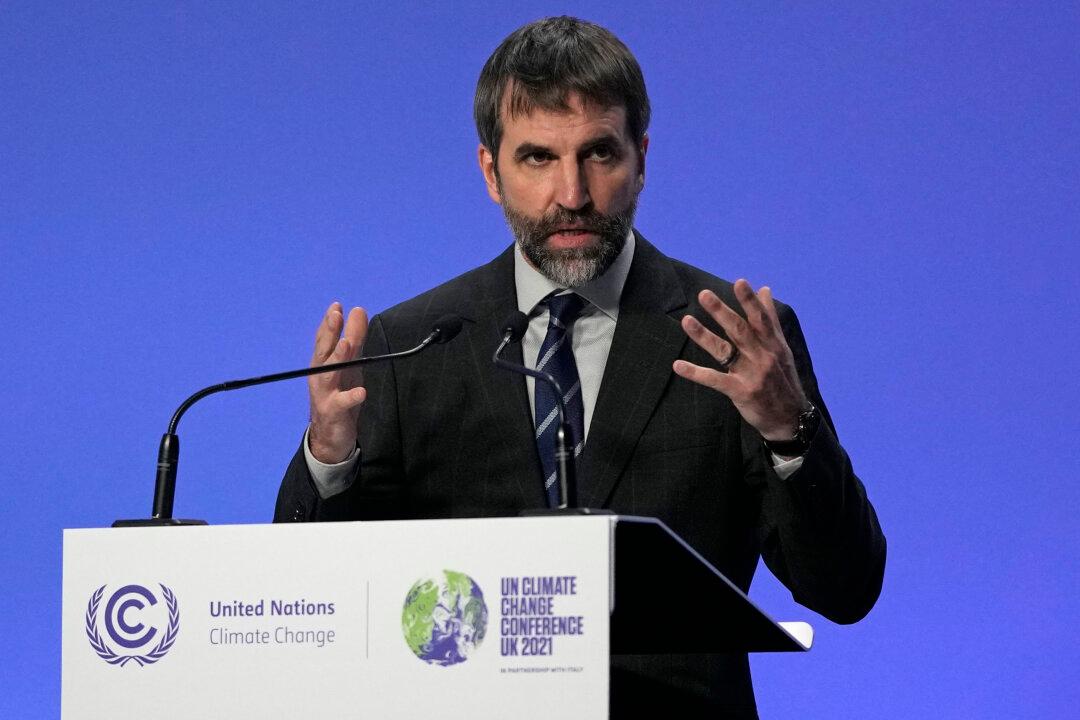With Steven Guilbeault set to be the first Canadian cabinet minister to visit China since 2018, questions have been raised about his role with a Chinese regime environmental body.
Mr. Guilbeault, in charge of Environment and Climate Change Canada, will go to China from Aug. 26 to 31 to participate in the annual general meeting of the China Council for International Cooperation on Environment and Development (CCICED).





